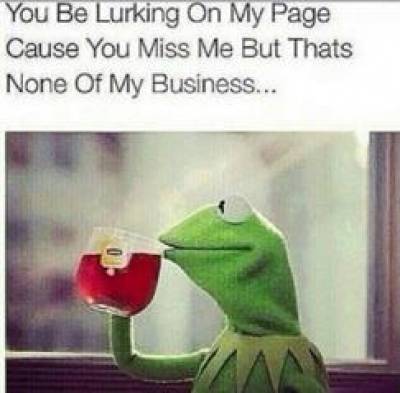Memes range from the serious, as with religious messages, to the humorous as with parody and jokes. But in both cases, memes often assert one set of values and criticise others. People who might be shy about expressing their own values and opinions often use memes instead.

Italy
In this film, taken from our e-learning course, Razvan Nicolescu shows how both serious and humorous memes are used to promote some values, while making fun of others.
Industrial China
People don't always want to broadcast or share personal opinions, so memes and photos provide a neat way of helping them to voice complex feelings.
Story
Identifying with romance

Trinidad
Memes based on Kermit the frog were common both here and in our Chile fieldsite. In both places they allowed people to make comments about personal issues.
Story
Kermit the frog

Chile
People here also see their principle use of social media as a place for expressing their views via memes.
Story
Living in paradise

England
Humour is a very common response here to almost any situation of awkwardness in social relations. It is also what permits otherwise unacceptable online content.

India
A common use of memes here is to take an established offline genre of making fun of film stars and celebrities and turn this into online visuals.

Brazil
Memes reflect the concern for keeping up an appearance of morality on public social media while the same people conduct seemingly 'immoral' conversations through private channels.
 Close
Close

